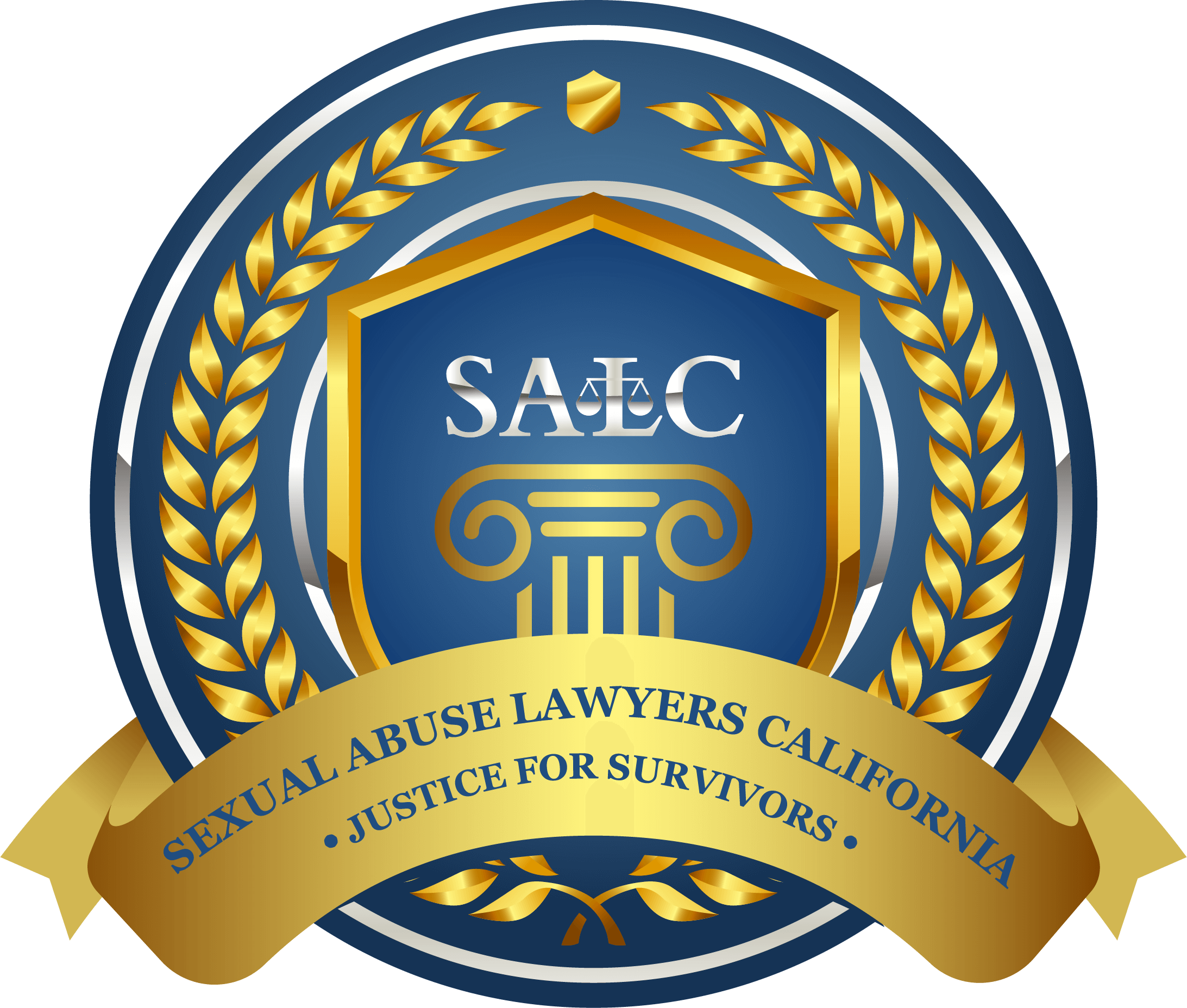Unmasking Workplace Sexual Harassment
Unmasking workplace sexual harassment is a critical endeavor in creating safe and inclusive work environments. Among the various manifestations of this issue, one prevalent type is the use of sexual questions, suggestions, jokes, or innuendos.
This form of sexual harassment involves unwelcome verbal conduct that can range from inappropriate comments and questions about a person’s sex life to sexually suggestive jokes and innuendos. These actions may seem harmless on the surface but can have a deeply unsettling and distressing impact on individuals.
Such behavior contributes to a hostile work environment where victims may feel uncomfortable, degraded, and disrespected. It undermines an individual’s dignity, erodes their self-esteem, and infringes upon their rights to work in a harassment-free environment.
Recognizing the insidious nature of sexual harassment, particularly in the form of these verbal intrusions, is crucial. Employers and employees alike must educate themselves about what constitutes inappropriate conduct and take appropriate action to prevent and address such behavior. This includes implementing clear policies, providing training, and fostering a culture of respect and inclusivity.
In conclusion, unmasking workplace sexual harassment, including the use of sexual questions, suggestions, jokes, or innuendos, is a vital step toward creating a workplace where all individuals are treated with dignity and respect, free from the scourge of harassment and discrimination.

Defining Sexual Questions, Suggestions, Jokes, or Innuendos
Sexual questions, suggestions, jokes, or innuendos constitute unwelcome verbal or written remarks of a sexual nature in the workplace, which may prompt consultation with a sexual assault lawyer. This includes asking intrusive or inappropriate questions about an individual’s sex life, making suggestive comments or advances, sharing sexually explicit jokes, or conveying subtle hints and insinuations with sexual undertones.
Understanding the Impact
Understanding the impact of engaging in sexual questions, suggestions, jokes, or innuendos in the workplace is essential to recognize the harm inflicted on victims. These seemingly innocuous actions can have profound and far-reaching consequences.
First and foremost, such behavior creates a hostile work environment, making victims feel unsafe and uncomfortable in their place of employment. This can lead to heightened stress, anxiety, and emotional distress, impacting not only their job performance but also their overall well-being.
The humiliation and degradation that victims experience as a result of sexual harassment erode their self-esteem and self-worth. It can hinder their professional growth, as they may become hesitant to assert themselves or pursue career opportunities out of fear of further harassment or retaliation.
Moreover, the impact of workplace sexual harassment extends beyond the individual, affecting workplace morale and productivity. It can foster a culture of fear and mistrust, where employees are reluctant to speak up or collaborate openly.
Recognizing these significant consequences underscores the urgency of preventing and addressing sexual harassment in all its forms. It is incumbent upon employers and colleagues to promote a work environment characterized by respect, dignity, and inclusivity, where everyone can thrive free from the devastating effects of harassment.
Recognizing Sexual Harassment
Recognizing sexual harassment, particularly in educational settings like K-12 schools, is crucial for maintaining a safe and inclusive environment. To determine whether sexual questions, suggestions, jokes, or innuendos constitute sexual harassment, it’s essential to evaluate both the context and the impact of such behavior.
Sexual harassment occurs when this conduct is unwelcome, is based on someone’s sex or gender, and results in a hostile or offensive educational or work environment. In other words, if these actions make individuals feel uncomfortable, threatened, or humiliated due to their sex or gender, it may amount to sexual harassment.
It’s important to emphasize that sexual harassment can occur between individuals of any gender within school environments as well as the workplace. The harasser and the victim can be of the same gender or different genders. What matters is that the behavior is unwelcome and creates a hostile environment for the victim.
Recognizing sexual harassment in all its forms is essential for creating educational and work environments where everyone feels safe, respected, and free from the damaging effects of harassment and discrimination. It is incumbent upon institutions and individuals to actively address and prevent such behavior.

Legal Protection
Employees in California are shielded by federal and state statutes that forbid sexual harassment in the workplace, including protections against scenarios that could lead to a sexual assault civil lawsuit. Title VII of the Civil Rights Act of 1964 and the California Fair Employment and Housing Act (FEHA) create the legal groundwork to confront sexual harassment and shield employees from such improprieties. These legislations defend individuals from unsolicited sexual advances, solicitations for sexual favors, and other verbal or physical actions of a sexual nature that could be grounds for civil legal action.
Taking Action
If you experience sexual questions, suggestions, jokes, or innuendos in the workplace, it is crucial to take action to protect your rights and well-being:
- Document the incidents: Keep a detailed record of the incidents, including dates, times, locations, descriptions, and any witnesses involved. Document the specific comments or behaviors that made you uncomfortable.
- Report the harassment: Report the incidents to your supervisor, manager, human resources department, or any designated authority within your organization. Adhere to your company’s policies and procedures for reporting sexual harassment.
- Consult with an attorney: Seek legal counsel from an experienced sexual harassment attorney who specializes in employment law. They will assess your case, explain your rights, and guide you through the legal process.
- Preserve evidence: Preserve any evidence that supports your claim, such as emails, messages, or witness statements. This evidence can be crucial in supporting your case.
- Cooperate with investigations: Cooperate fully with any internal or external investigations conducted by your employer or relevant government agencies, such as the Equal Employment Opportunity Commission (EEOC) or the California Department of Fair Employment and Housing (DFEH).
- Take care of your well-being: Seek support from friends, family, or professional counselors who can provide guidance, empathy, and assistance during this challenging time.
- Know your rights: Educate yourself about your rights as a victim of sexual harassment and the legal protections available to you under federal and state laws. Your attorney will provide you with specific information and guidance tailored to your situation.










